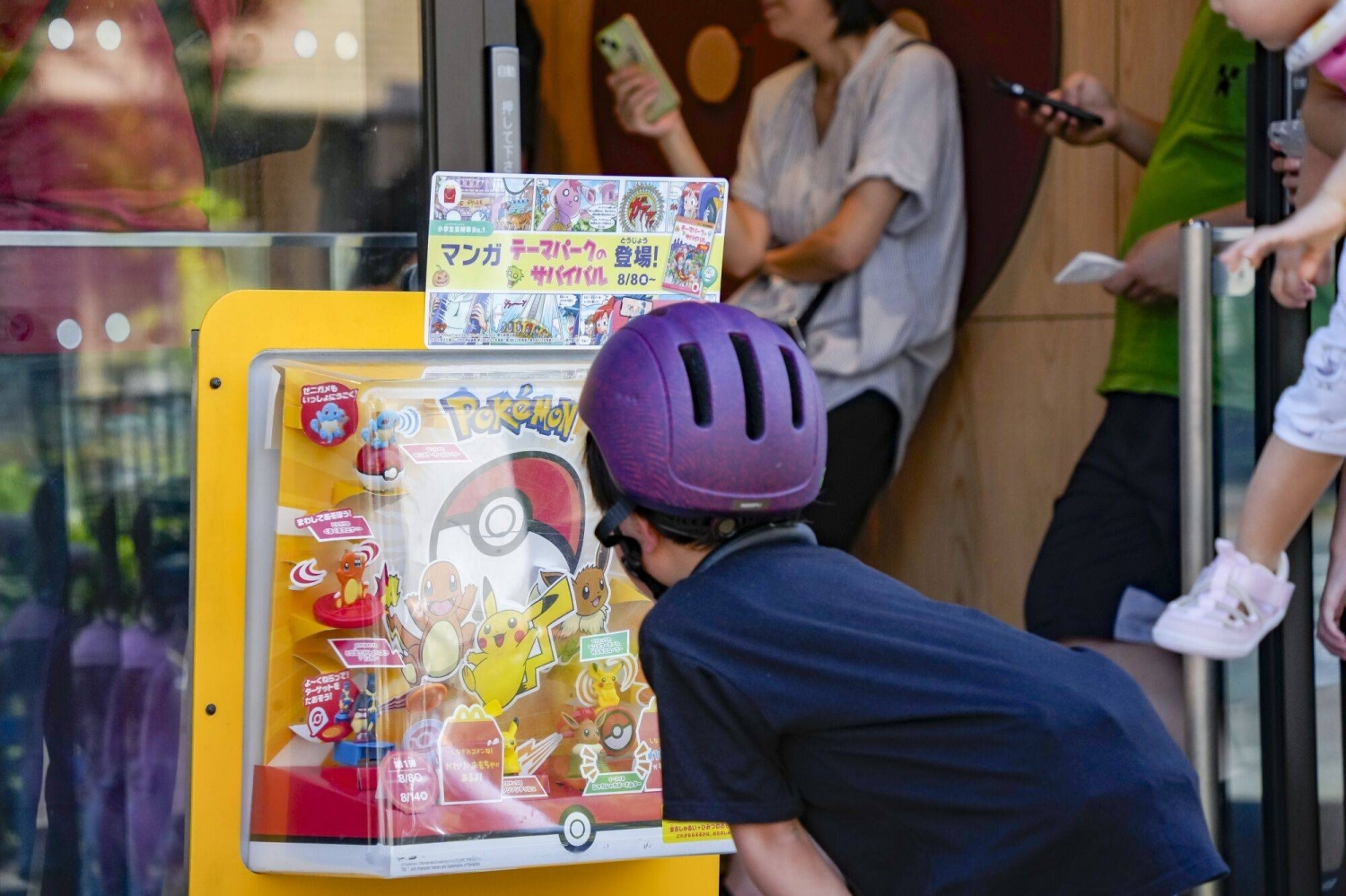
News
August 28, 2025
How to complain politely: Lessons from the McDonald’s Pokemon debacle
In Japan, the right phrasing can mean the difference between a request and harassment.
**How to complain politely: Lessons from the McDonald’s Pokemon debacle**
The recent frenzy surrounding McDonald's Pokemon cards in Japan has highlighted a cultural nuance often overlooked in the West: the art of the polite complaint. While frustrated customers worldwide might resort to aggressive tactics, the Japanese response, even in the face of widespread shortages and scalping, underscores the importance of respectful communication. This isn't just about being nice; in Japan, the right phrasing can truly mean the difference between a legitimate request and something perceived as harassment.
The Pokemon promotion, which offered limited-edition cards with Happy Meals, triggered massive queues and quickly sold out across the country. The situation was further exacerbated by resellers buying up large quantities to profit on the secondary market. Understandably, many customers were upset. However, instead of launching into tirades, many Japanese consumers took a more measured approach.
Reports from the ground indicate that customers primarily voiced their concerns by politely inquiring about restocking schedules, expressing disappointment at the limited availability, and requesting that McDonald's consider measures to curb reselling. This was often done with carefully chosen words and a respectful tone. The key, according to cultural observers, lies in avoiding direct accusations or aggressive demands. Instead, the focus is on framing the issue as a mutual problem that needs a solution.
This approach stems from a deep-seated cultural emphasis on harmony and avoiding conflict. Direct confrontation is often seen as impolite and can be counterproductive. By framing complaints politely, customers are more likely to be heard and their concerns addressed. Conversely, aggressive or accusatory language can be interpreted as harassment, potentially leading to a negative outcome for the complainant.
The McDonald's Pokemon card situation serves as a fascinating case study in cross-cultural communication. It illustrates that even in a globalized world, cultural nuances still play a significant role in how people express dissatisfaction and seek resolution. The Japanese approach to complaining offers valuable lessons for anyone looking to navigate difficult situations with grace and achieve a more positive outcome. It reminds us that sometimes, a softer approach can be far more effective than a loud one.
The recent frenzy surrounding McDonald's Pokemon cards in Japan has highlighted a cultural nuance often overlooked in the West: the art of the polite complaint. While frustrated customers worldwide might resort to aggressive tactics, the Japanese response, even in the face of widespread shortages and scalping, underscores the importance of respectful communication. This isn't just about being nice; in Japan, the right phrasing can truly mean the difference between a legitimate request and something perceived as harassment.
The Pokemon promotion, which offered limited-edition cards with Happy Meals, triggered massive queues and quickly sold out across the country. The situation was further exacerbated by resellers buying up large quantities to profit on the secondary market. Understandably, many customers were upset. However, instead of launching into tirades, many Japanese consumers took a more measured approach.
Reports from the ground indicate that customers primarily voiced their concerns by politely inquiring about restocking schedules, expressing disappointment at the limited availability, and requesting that McDonald's consider measures to curb reselling. This was often done with carefully chosen words and a respectful tone. The key, according to cultural observers, lies in avoiding direct accusations or aggressive demands. Instead, the focus is on framing the issue as a mutual problem that needs a solution.
This approach stems from a deep-seated cultural emphasis on harmony and avoiding conflict. Direct confrontation is often seen as impolite and can be counterproductive. By framing complaints politely, customers are more likely to be heard and their concerns addressed. Conversely, aggressive or accusatory language can be interpreted as harassment, potentially leading to a negative outcome for the complainant.
The McDonald's Pokemon card situation serves as a fascinating case study in cross-cultural communication. It illustrates that even in a globalized world, cultural nuances still play a significant role in how people express dissatisfaction and seek resolution. The Japanese approach to complaining offers valuable lessons for anyone looking to navigate difficult situations with grace and achieve a more positive outcome. It reminds us that sometimes, a softer approach can be far more effective than a loud one.
Category:
Politics